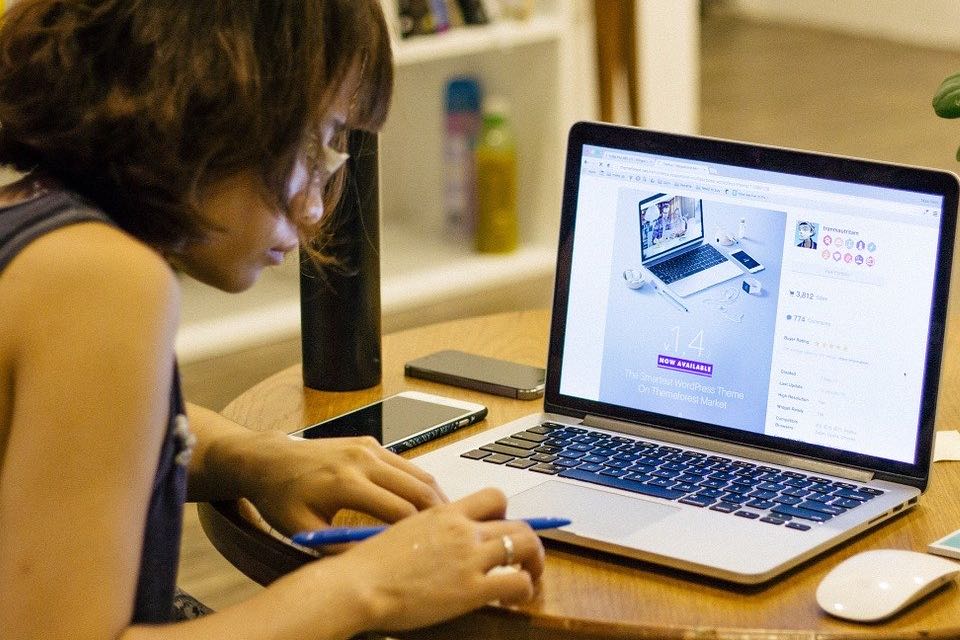The COVID-19 pandemic has forced organisations around the globe to ‘go virtual’ with literally no preparation. However, according to analysis from Associate Professor of Management Petros Chamakiotis at ESCP Business School, if we follow these tips, we have the best chance at keeping productive.
1.The importance of keeping social. Workers transitioning from the ‘traditional’ to the ‘virtual’ have the benefit of sharing a work history within an established social context. Seeing your colleagues face-to-face increases the levels of trust; a prerequisite for effective digital collaboration. In the digital environment, it has been found that people focus too much on work tasks, underplaying the importance of social interactions. Virtual workers should not restrict themselves to work tasks, but they should place equal emphasis on social aspects of work in order to mitigate the lack of informal forms of socialization that typically take place in face-to-face environments.
Tip: Start your Skype meeting with an informal chat over coffee, focusing on non-work issues, as this may reduce the perceived geographical distance between workers!
2. Select the right technologies: Zoom, Microsoft Teams, Dropbox are some of the technologies that have been developed to support different types of digital work. Some allow real-time communication (e.g. Skype), while others (e.g. Dropbox) have been primarily designed for storing, visibility, and sharing purposes using cloud computing. Though real-time communication might feel more natural, it may not always be the right tool, nor is it sustainable to be on lengthy Skype meetings for every single task.
Tip: Select the most appropriate technology for each type of task; for example, a chat on Skype could work best for sharing ideas, whereas sharing files in an online space is best for filing purposes.
3. Set work-life boundaries: We often make the mistake of letting our work life penetrate our personal life when working from home. Although digital technologies allow us to work anytime/anywhere, we often end up working all the time. As a result, frequent problems when working from home include extended working hours and reduced wellbeing for ourselves and our families.
Receiving constant work-related notifications on our mobile devices may disturb our non-work life reducing our sense of wellbeing and ultimately negatively impacting our overall performance when most needed. Fully deactivating all work-related notifications on our personal devices may help to achieve better boundaries.
Tip: Think whether using different devices for work and non-work activities, or fully deactivating your work-related notifications on your mobile devices would help you restore a sense of work-life balance when working from home.
“These new ways of working are known for the increased flexibility they offer to both the employer and the employee, the reduction of transportation costs and commuting times, as well as for providing the conditions for creativity and innovation,” said Dr Chamakiotis. “However, these benefits come with unprecedented challenges, and workers need to have the necessary skills to come to grips with them in an effective and timely manner.”















